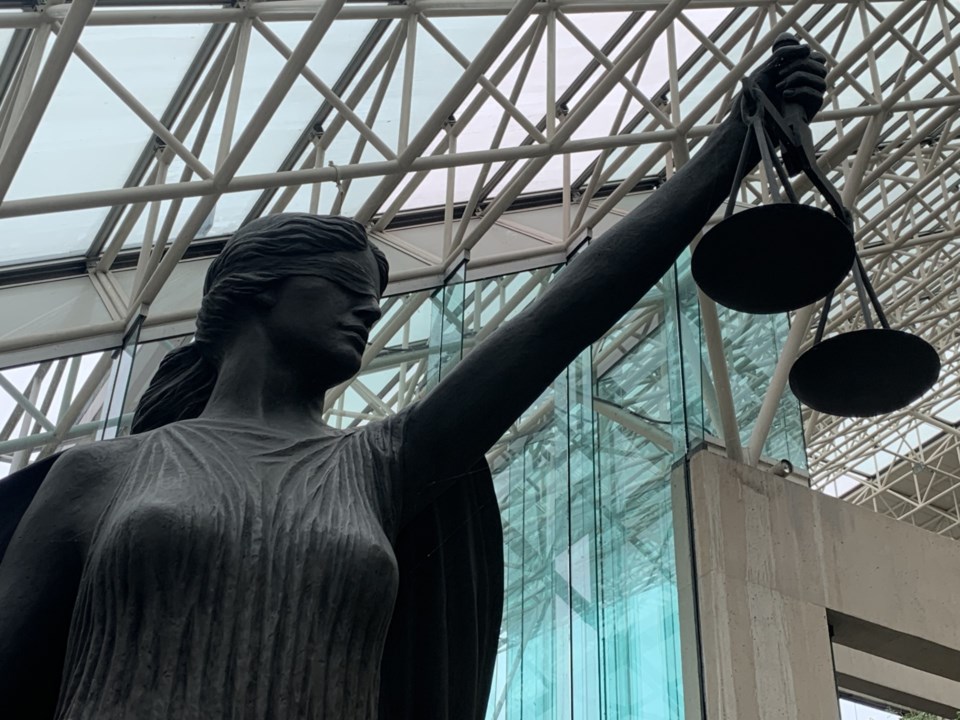The B.C. Court of Appeal has upheld a B.C. Human Rights Tribunal ruling that awarded $150,000 to an Indigenous woman separated from her children.
“The legislative objective of protecting the best interests of the child is in no way advanced by removing children based on stereotypes or prejudices,” B.C. Court of Appeal Chief Justice Leonard Marchand said in the Court of Appeal for B.C.’s May 8 decision.
The Vancouver Aboriginal Child and Family Services Society had appealed the tribunal decision.
Tribunal member Devyn Cousineau’s Nov. 22, 2022 decision said the mother, identified as RR, had her four children apprehended in August 2016 by VACFSS.
The children, including one still breastfed, were taken to foster homes outside of Vancouver.
RR argued VACFSS based its decisions about her ability to parent on stereotypes about Indigenous single mothers and assumptions about her mental health and addictions.
In the three-judge, unanimous decision, Marchand said that racial or other stereotypes have no place for the state intervening in child-parent situations.
“By inserting itself into the intimate relationship between parent and child, the state takes on the responsibility of doing so without discrimination,” Marchand said. “Relying on stereotypes in such decisions, far from being in the best interests of the child, is in the best interests of no one. If our shared history has taught us anything, it has taught us this.”
Marchand said the society’s actions were unjustifiable.
RR was raised by her mother and stepfather, both multi-generational survivors of the residential school system. Her first interaction with the child welfare system came when she was apprehended at five years old.
Cousineau’s decision went to a judicial review where a chambers judge rejected the society’s contention that the tribunal did not have jurisdiction to hear RR’s complaint.
However, the chambers judge found that Cousineau, in vindicating RR’s rights, failed to do so consistently with the child-centered legal framework established by the Child, Family and Community Services Act (CFCSA).
According to the chambers judge, Cousineau’s approach would create an operational conflict between the B.C. Human Rights Code and the CFCSA and undermine social workers’ ability to intervene in the best interests of the child.
As such, that judge set Cousineau’s decision aside and returned it to the tribunal for further consideration.
RR appealed to restore Cousineau’s decision.
Marchand said the tribunal did have jurisdiction in RR’s case.
“Finding otherwise would leave RR, and other parents in a similar situation, without the ability to vindicate their right to be free of discrimination,” Marchand said. “There is no operational conflict between the CFCSA and the code. The CFCSA protects children while the code ensures child protection services are delivered free of discrimination.”
Further, the decision said Cousineau’s decision does not hamstring social workers with irreconcilable legal duties.
“Instead, it provides redress to RR for the discrimination she endured,” the summary said. “The decision should have no impact on the duties performed by individual child protection workers. These duties can, and should, be performed in a non-discriminatory manner.”
Society comment
Society board chair Linda Stiller and executive director Bernadette Spence said in a statement that the society is consulting with lawyers and reviewing the decision.
Asked if an appeal to the Supreme Court of Canada may happen, there was no response.
And, the society said, it will release to RR the $150,000 tribunal award that has been held in trust pending the results of the appeal decision.
"VACFSS says the case is not about the complainant but about the provincial legislation that governs child protection and determines how all child and family services agencies manage child custody and access issues," the statement said.


